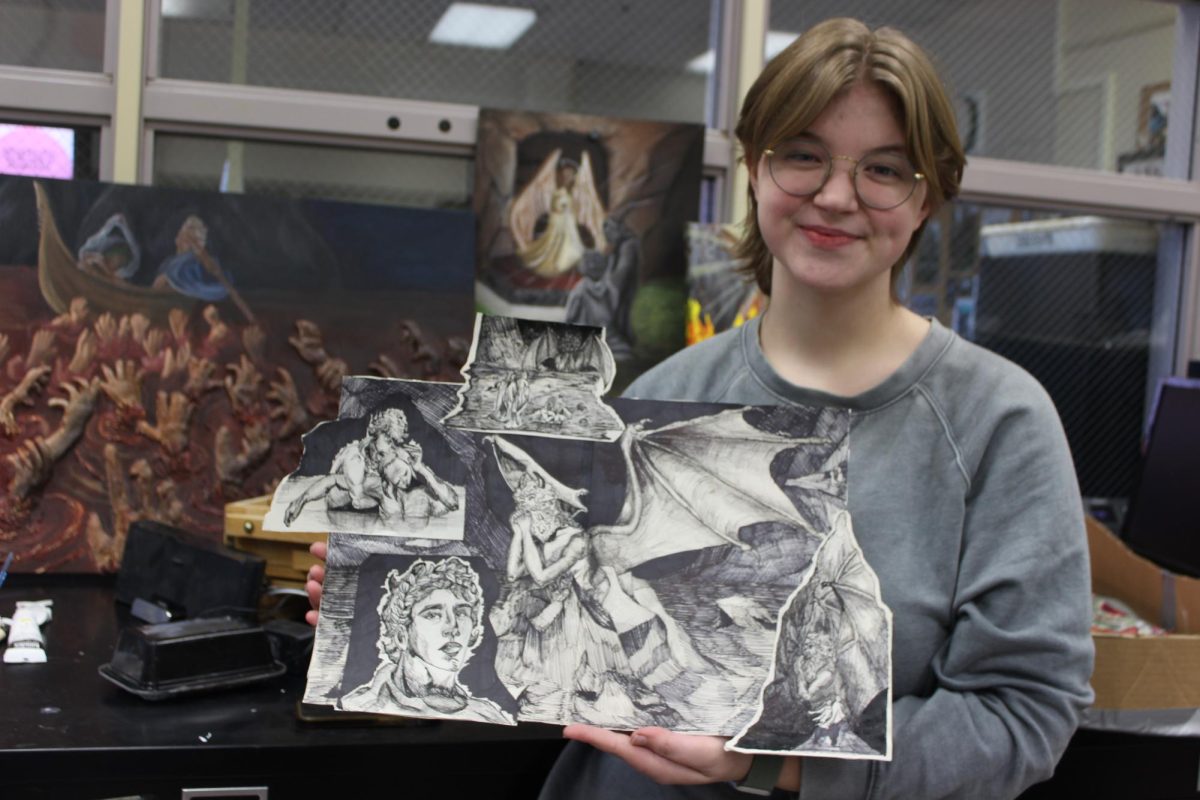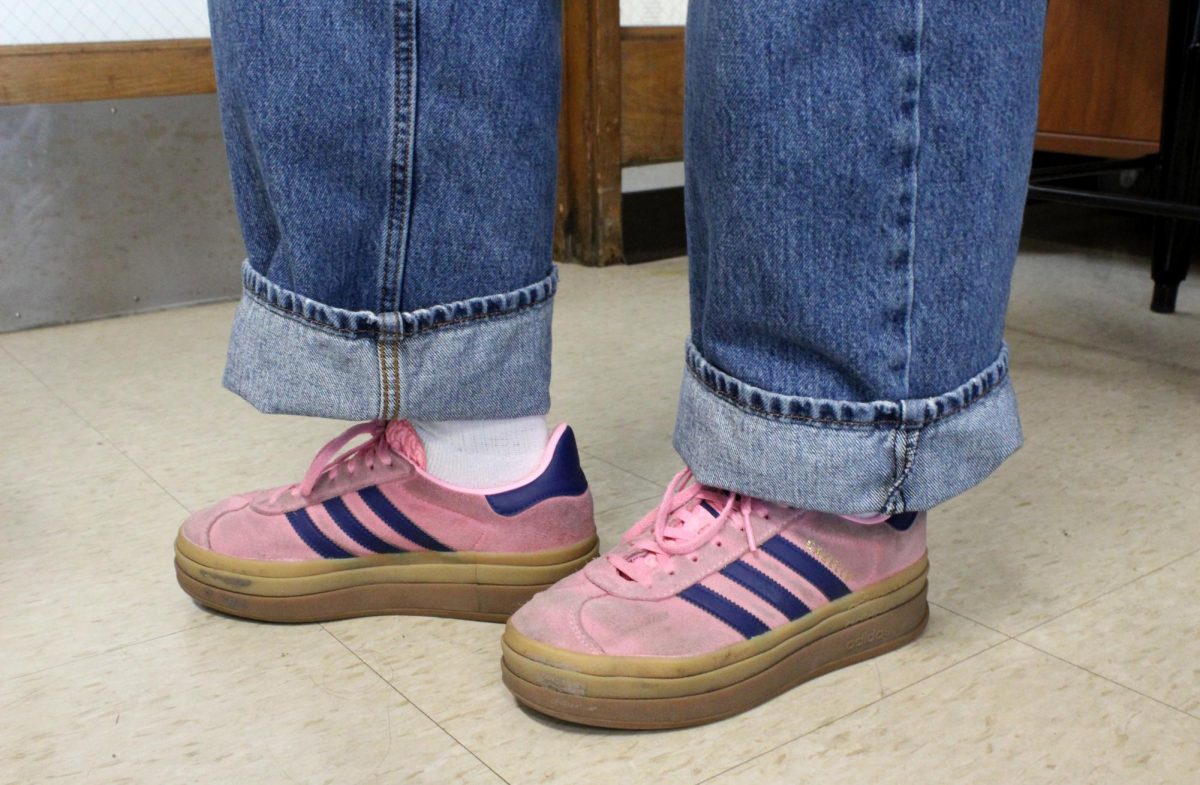It comes out almost once a month: the Drops of Ink magazine. Maybe you hear about it from a friend, or maybe you flip through it and read a few articles (and if you do, it’s really appreciated, by the way). By reading it and looking at it, it’s easy to see all the people featured, the various pictures, and the different layouts displayed on the pages. But what you don’t see is the work that goes into making it–you don’t hear about the 40 student journalists, one of them being me, and all the work we put into creating the monthly DOI.
For starters, it usually takes our staff three to four weeks to produce the magazine, and new stories are being put up on our website several times a week. There is a certain cycle that every publication goes through, and for DOI, each story that is written goes through three editors and gets edited for its content, reporting and grammar. Like DOI, which has a specific cycle, all publications have their own time frames and methods of editing.
“[The process of creating a final product] usually takes about a week, but sometimes it can be more depending on the story,” said sophomore student journalist Hezakiah Nurani Andrus from Princeton High School in Cincinnati, Ohio, who writes for Odin’s World. “Every story goes through editing at least three times. It goes through me (the copy editor) and then the editors-in-chief. Occasionally, we repeat this a few times. The writers are the ones that go back and fix up their stories.”
I personally spend numerous days writing a first draft, a few more days to edit it after it has been revised by my various editors, and yet another day to finalize it. The way that I personally time my assignments usually works out just fine, but one of the hardest parts about being a student journalist is the deadlines.
“Deadlines in journalism, for me, are much more stressful than other assignments. What’s unique about journalism is that you have to make sure that every single aspect of your piece is perfect and ready to go before you turn it in, whereas a math assignment, you just turn in hoping that you did well on it. Deadlines in journalism have a different meaning than other classes,” explained student journalist Kevin Kratz, who goes to Yorktown High School in Yorktown, Indiana, and writes for the YHS Broadcaster.
Also, for DOI, there’s not only deadlines for the stories that are written, but for the photos that are taken, and the layouts that are created as well. There’s not really a possible way to miss deadlines by too much because of the publishing date that cannot be pushed back. Typically for DOI, the magazine is finished eight days prior to the delivery date so that it can be sent to Haapanen Brothers, located in Gurnee, the company that prints the magazines. We get a proof of the magazine to see what the final copy looks like, and to make any last-minute corrections if we absolutely have to.
Along with writing stories, there are photo and layout assignments as well. To make a story be its best, typically a photo and layout that pertains to the content of the story accompanies it. Photographs are great ways to tell stories without the need for words, and different layouts help to tie together a story and add to its appeal. For DOI, there is a picture for almost every single story we produce, and each story in the magazine has its own specific layout.
With being a student journalist also comes the need for constant communication. Whether it be with a photographer who’s taking the pictures for your story, someone you’re interviewing or if you’re co-writing with someone, there absolutely has to be some form of communication amongst those involved. On DOI, we are always talking to each other about our assignments, whether it be in class, over text, or even through FaceTime, in order to get our work done.
With all journalism comes the issue of free speech. As the First Amendment of the U.S. Constitution reads, “Congress shall make no law respecting an establishment of religion, or prohibiting the free exercise thereof; or abridging the freedom of speech, or of the press; or the right of the people peaceably to assemble, and to petition the government for a redress of grievances.”
Like the First Amendment states, all people are entitled to the freedom of speech and, in general, everyone is entitled to their own opinion, but when it comes to student journalism, freedom of speech and articles based off of a writer’s opinion that come with this right can become very sensitive.
Student journalists, just like anybody else, are entitled to their own opinions, but the U.S. Constitution only protects us from censorship by the government, not school districts necessarily (this depends on the school itself). If an article becomes overly offensive or ridiculing in the perspective of the school district, they may be able to not only request for the story to be taken down, but have it actually be removed. Every story is different, as some don’t warrant or allow for action by the district, while others do.
According to a part of our district’s publication policy, “school sponsored publications, productions, and web sites are part of the curriculum and are not a public forum for general student use. School authorities may edit or delete material that is inconsistent with the District’s educational mission. All school-sponsored communications shall comply with the ethics and rules of responsible journalism. Text that is libelous, obscene, vulgar, lewd, invades the privacy of others, conflicts with the basic educational mission of the school, is socially inappropriate, is inappropriate due to the maturity of the students, or is materially disruptive to the educational process will not be tolerated.”
The issue of freedom of speech is not confined only to LHS; it occurs in schools all around the country. “Freedom of speech is a huge issue with the paper at our school. It is frequently talked about amongst the editors, and it’s very frustrating to be told we can’t publish something because the opinion might be controversial. Just this year, we’ve had articles that weren’t allowed to be published about the death penalty (which I actually wrote) and about school traditions and how they can be harmful . . . I’d say we have moderate freedom,” said student journalist Nick Wagner from St. Xavier High School in Cincinnati, Ohio. Wagner is a junior sports editor for The Blueprint.
From personal experience, I have learned that opinionated stories can be quite contentious, as no two people are going to view a situation in the exact same way, but as I already stated, everyone is entitled to their own opinion.
It can be very difficult to be a student journalist–from the struggle of meeting deadlines to writing a controversial article. It’s not exactly easy, but I do it for the readers–to inform, to entertain, and to create a product that starts a conversation.



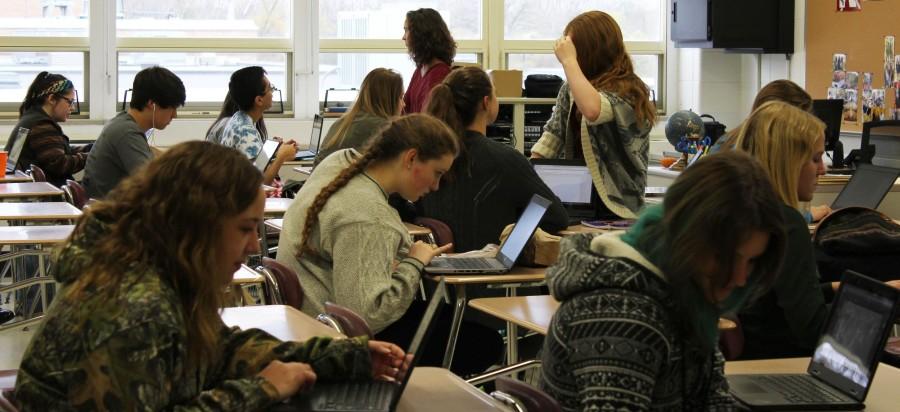



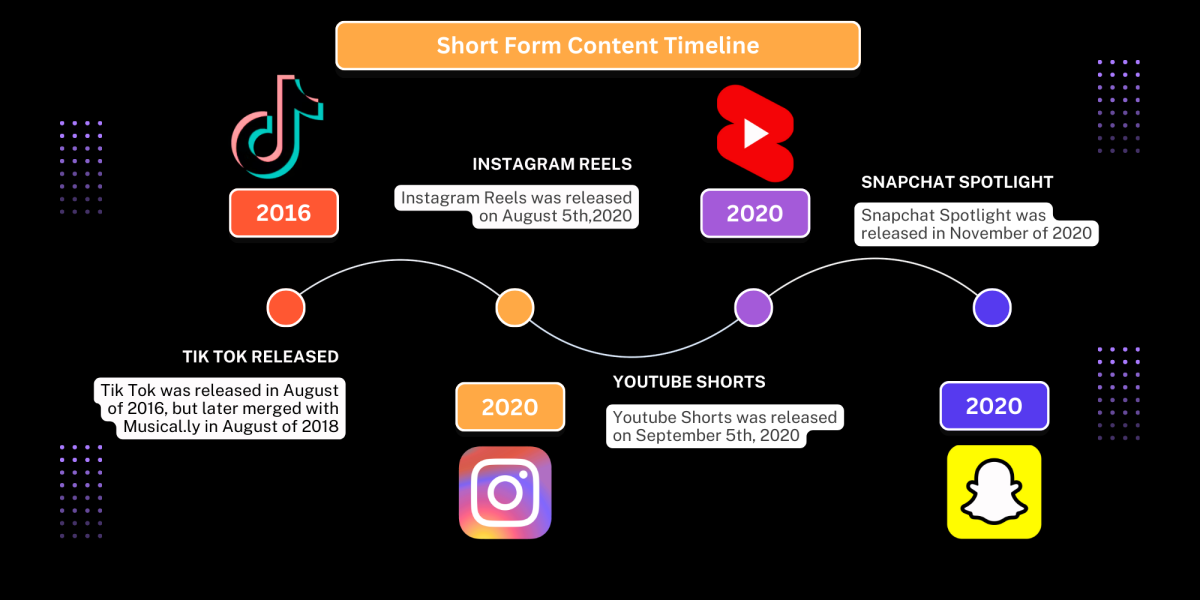
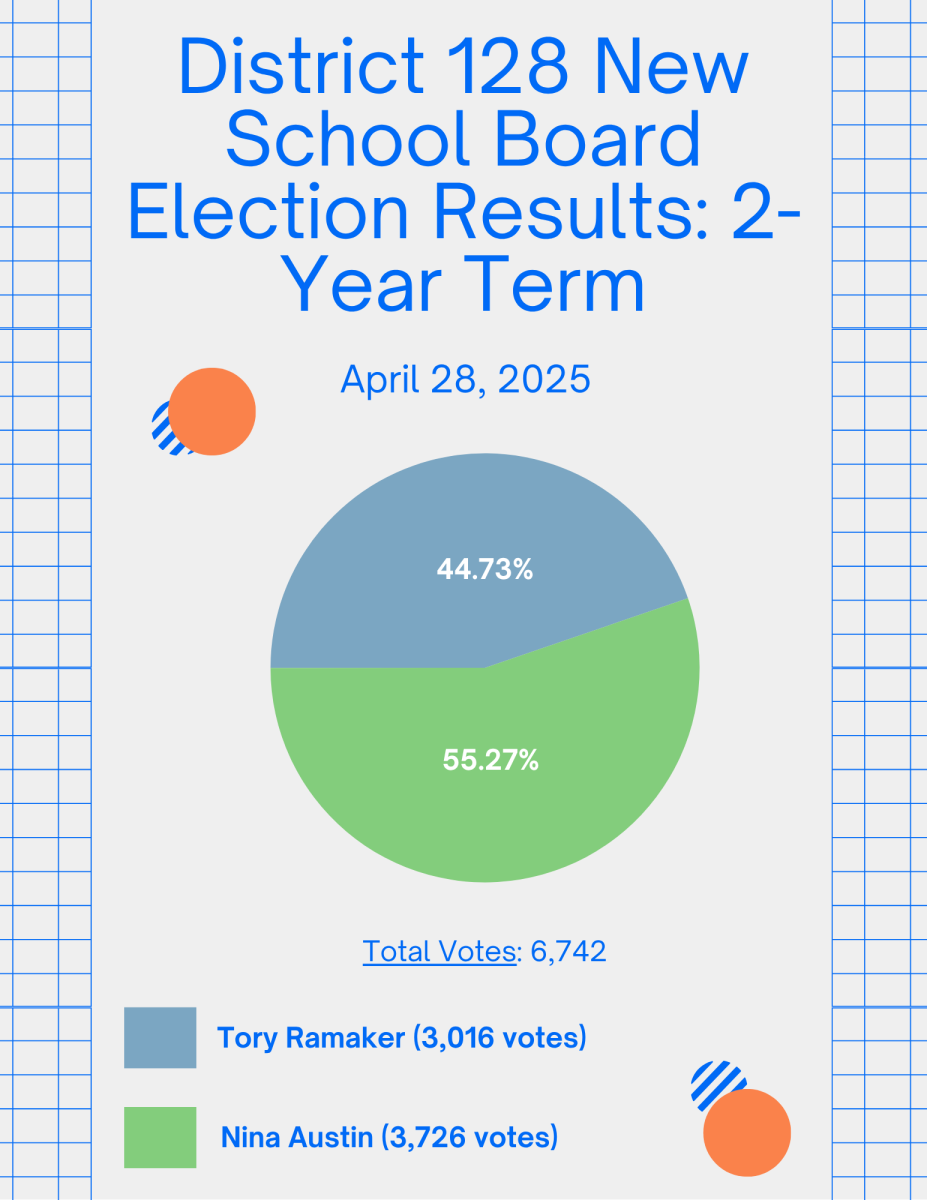
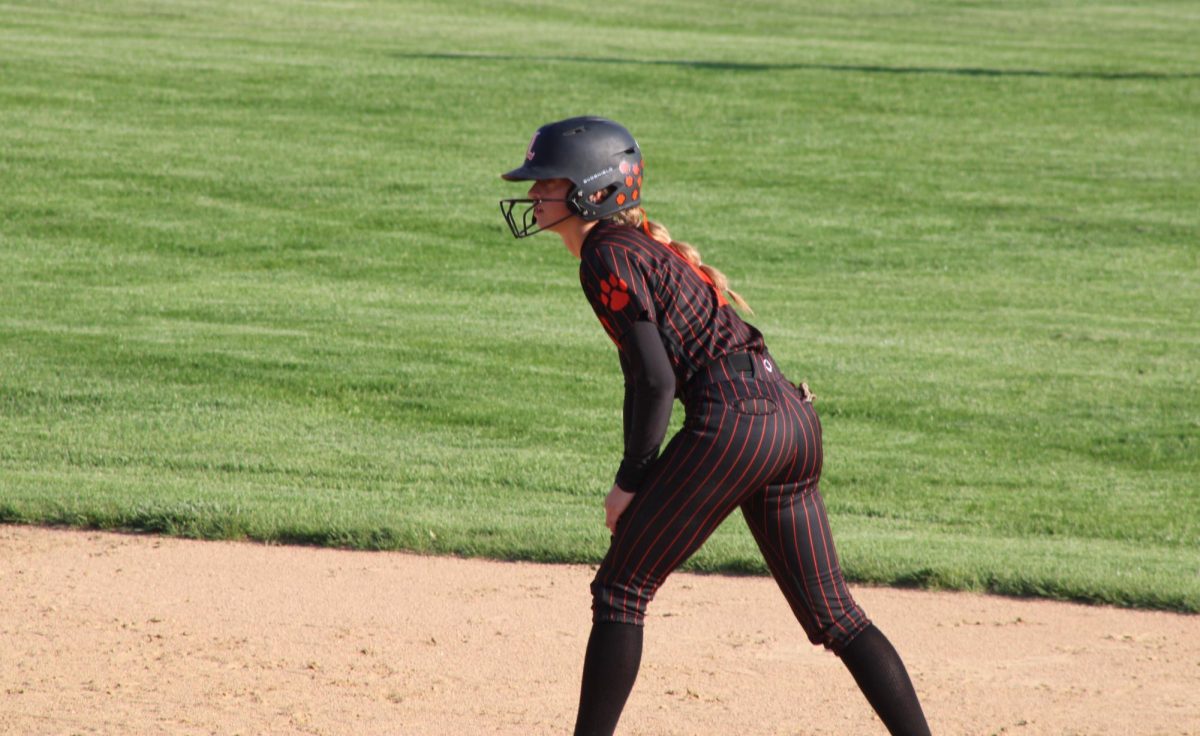
![Senior River Thompson joins the Jazz Ensemble by singing “That Old Black Magic” by Mercer and Arlen Arr. Mark Taylor, along with senior Annie Brody on guitar and junior Thomas Teixeira on bass, earning big applause. “[The concert had] great energy because it's the last [jazz concert] of the year,” Brody said.](https://www.lhsdoi.com/wp-content/uploads/2025/04/Eight-That-Old-Black-Magic-1200x800.jpg)
![Mr. Abullh Ali, manager/assistant, helps open Queen Yemeni Coffee in downtown Libertyville at 606 North Milwaukee Ave. With the help of employees such as manager and LHS senior Yousef Taha, they are able to bring the Yemeni and Ethiopian culture to Libertyville by using their Queen spices, cinnamon and cardamom in their drinks such as Adani Chai, which is inspired by Sheda, the Queen of Yemen and Ethiopia. “The history of our coffee [is] a long history and we believe that Yemen and Ethiopia started the coffee and we are bringing something unique to the community,” Mr. Ali said.](https://www.lhsdoi.com/wp-content/uploads/2025/04/Photo-1-1200x800.jpg)
